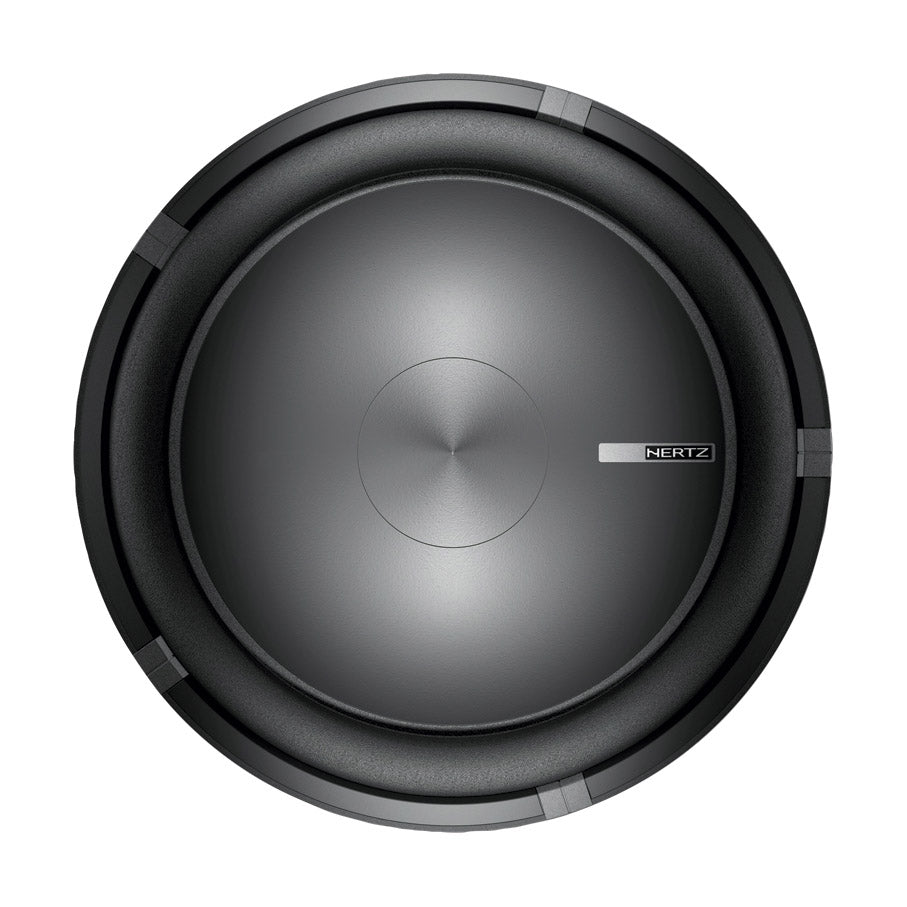Add more ‘oomph’ to your sound’s low-end by upgrading your car stereo with new subwoofers. Feel the extended low end frequencies with a wide range of high-end subbies from Frankies Auto Electrics.
What Does a Car Subwoofer Do?
A car subwoofer can transform your car’s sound system from dull and limp to powerful with depth. Car subwoofers are designed specifically for low-end response, also known as bass. Subwoofers in car audio systems let users get fuller, more balanced sounds with a deeper bass response and reduced clipping (distortion) at high volumes.
Car subwoofers can enhance the quality and listening experience for drivers and passengers, especially for bass-heavy musical genres. Add 3D depth to your car systems sound with a quality subwoofer.
Choosing the Right Subwoofer for Your Car
With an extensive range of subwoofers on the market, choosing the right one for your car’s sound system can be daunting, especially when you have to consider factors such as size, enclosures, ohm and SPL ratings etc for your speaker.
Frankies stocks an extensive range of top car subwoofers that’ll suit the budget and needs of the most discerning car audiophile. Read the specifications listed on our website for the subwoofer you’re interested in, or better yet, contact our knowledgeable technicians who will be happy to help you choose the right subwoofer for your needs. They can even design a complete car stereo and entertainment system as elaborate as your imagination can take you.
Passive vs. Active Subwoofers: What’s the Difference?
Many people getting started with subwoofers will at some point come across the question of passive versus active subwoofers, and which one is right for their needs.
Active, or powered subwoofers have their very own built-in amplifier, so a separate external amp is not needed. They also feature the following qualities:
-
Easy to install
-
Compact
-
Offer balanced, clean bass response
-
Limited in raw power and customisation
-
Excellent choice for drivers wanting an all-in-one bass solution without overwhelming volume or complex tuning needed
Passive subwoofers, on the other hand, can produce louder, deeper and more dynamic bass responses, as they can be paired with powerful amplifiers. Some of the passive subwoofer qualities include:
-
Greater power and sound pressure levels (higher SPL)
-
Fully customisable and easier to upgrade surrounding components
-
Perfect for audiophiles and car builders who want maximum bass response, higher output and the ability to fully customise their sound system
Both options offer an excellent way for car enthusiasts at all levels to upgrade their car’s sound system with a deeper, richer and more immersive sound.
How To Get the Best Bass From Your Car Subwoofer
If you want that deep, punchy bass that hits in the best possible way, here are some pro tips on getting the best subwoofer car system sounds:
-
Pick the right subwoofer: Match the sub’s power handling (RMS) to your amp’s output. Pick the size for your space and needs. For example, a smaller subwoofer will give you a tighter bass response, while a larger 15” or 18” will give a deeper, more blooming bass sound.
-
Use a quality amplifier for passive woofers: Make sure the amp can match the speaker’s power output requirements to avoid over or underpowering your subs.
-
Tune your settings: Adjust your gain, low-pass filter and bass boost carefully. Maxing out these settings can lead to volume overload, leading to a distorted sound.
-
Break in your new subwoofer: Every new speaker needs a ‘break-in’ period to sound and perform its best. Brand new speakers will sound a little stiff until they’ve had at least 10-20 hours of operation. Play your music at low to mid volume levels to allow for the speaker cone to relax and loosen up.
Pair your sub woofer with quality speakers: Speakers that focus on mids and tweeters that take care of the high end will give you a balanced sound that’ll give your sound good separation from the bass tones the subwoofer introduces.
























